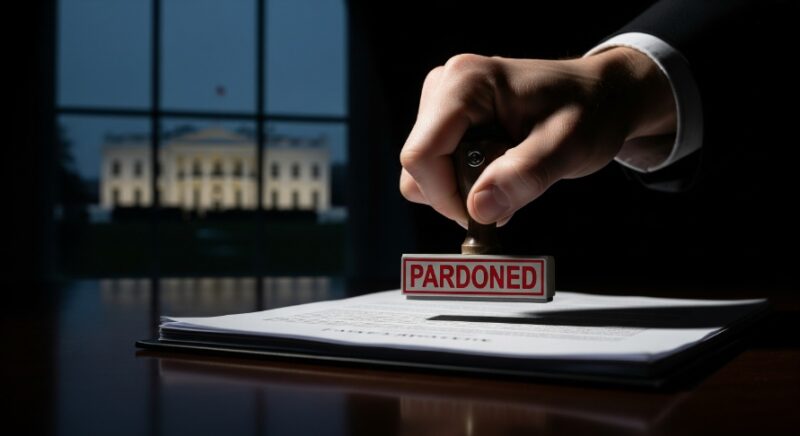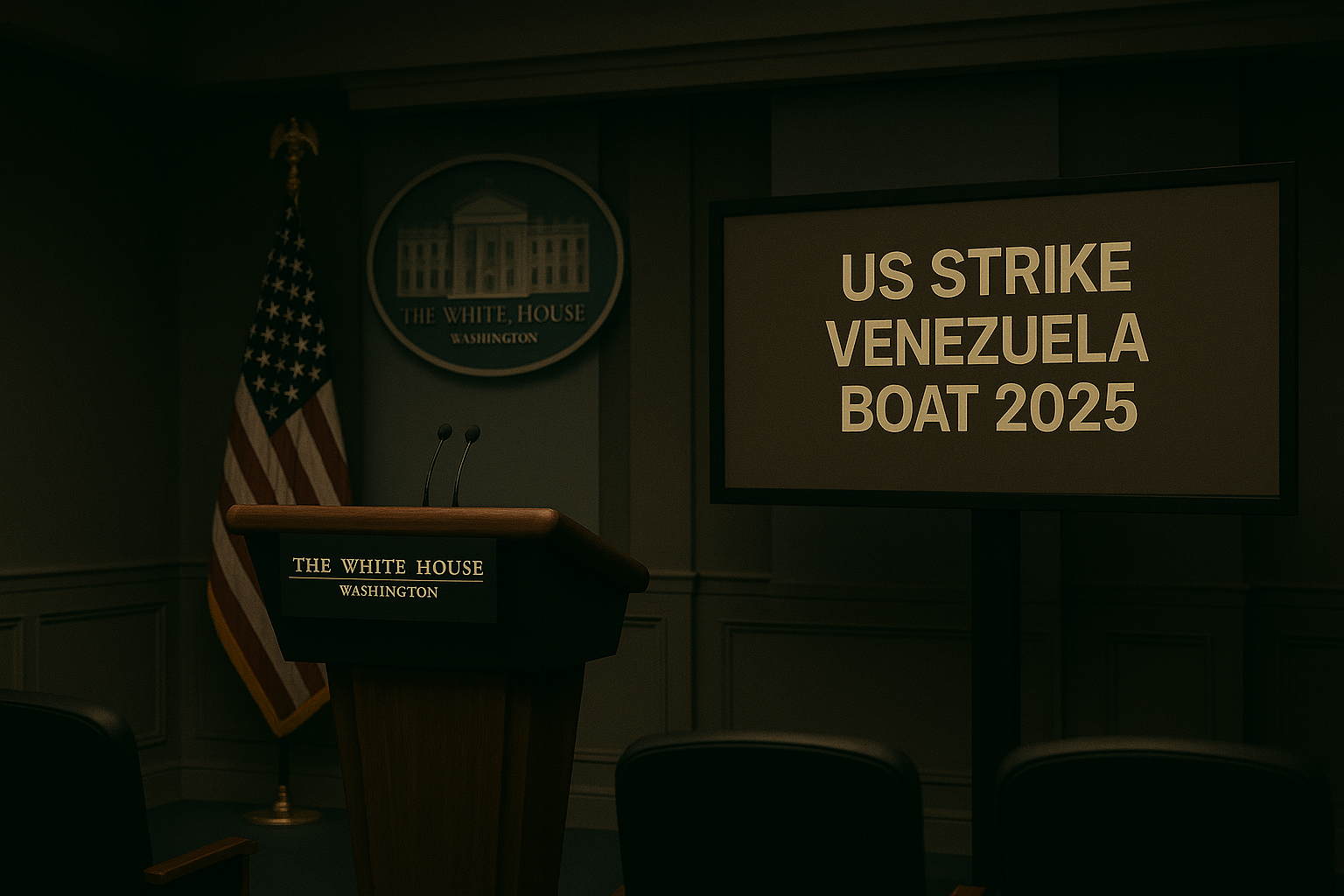A shocking new report reveals the extent of the plot to Trump pardon allies who were involved in the attempt to overturn the 2020 election. In the turbulent final days of his administration, former President Trump was reportedly urged to grant preemptive pardons to key figures who feared federal prosecution for their roles in challenging the election results. This controversial revelation exposes the deep-seated legal fears within Trump’s inner circle and raises critical questions about the potential abuse of power surrounding the one election that continues to roil American politics.
A Preemptive Pardon Scheme to Thwart Justice
As his presidency came to a close, Trump and his team were allegedly exploring the use of one of his most sweeping powers: the presidential pardon. The discussions were not about righting wrongful convictions but about shielding political allies from future legal accountability. The report details how several figures central to the post-election strategy were concerned that their actions could lead to charges from the Justice Department. The idea was to issue broad, preemptive pardons that would protect them from prosecution for any federal crimes they may have committed.
Fear and Panic in the West Wing
This plan to Trump pardon allies paints a picture of fear and panic inside the White House during its final weeks. The fact that top aides and advisors were seeking pardons suggests they knew their actions were, at a minimum, legally questionable. It indicates an awareness that their efforts to pressure election officials, promote false claims of fraud, and challenge the democratic process had crossed a dangerous line, prompting a scramble for self-preservation.
The Scale of the Controversy: 1 Election, Widespread Legal Fears
The discussions about pardoning those involved in the 2020 election challenge were not isolated. They were part of a broader, unprecedented effort to use the powers of the presidency to protect those loyal to Trump.
- The Goal: To shield key allies from any potential federal charges related to their efforts to keep Trump in power.
- The Power: The plan involved using the presidential pardon power, which is nearly absolute, in a preemptive and politically motivated manner.
- The Implication: It suggests a belief within the Trump camp that crimes may have been committed in the course of challenging the election.
- The Unprecedented Nature: Never before has a president been reported to have considered such a wide-ranging pardon scheme to protect allies for actions taken while trying to remain in office.
An Abuse of Power? The Constitutional Question
The pardon power is one of the least checked powers of the presidency, but it is not without limits. It is intended to be used as a tool of mercy and justice. Using it to protect political allies from accountability for acts committed to subvert an election is viewed by legal experts as a profound abuse of power. This report fuels the ongoing debate about whether a president can pardon individuals for actions that were, in effect, part of an effort to illegally extend that same president’s term.
What This Means for Ongoing Investigations
These revelations are likely to become a key focus for the Justice Department and congressional committees investigating the 2020 election and the lead-up to the January 6th insurrection. The pardon discussions could be seen as evidence of a consciousness of guilt among top Trump allies. Investigators will want to know exactly who sought a pardon, for what specific actions, and what this reveals about the coordination and intent behind the effort to overturn the election.
Conclusion
The shocking plot to Trump pardon allies opens a new, disturbing chapter in the saga of the 2020 election. It exposes a deep-seated fear of legal consequences among those closest to the former president and represents a dangerous flirtation with using the highest powers of the office to escape accountability. As the nation continues to seek answers and justice for the events of that period, this controversial pardon scheme stands as a stark reminder of how close the guardrails of democracy came to breaking.






